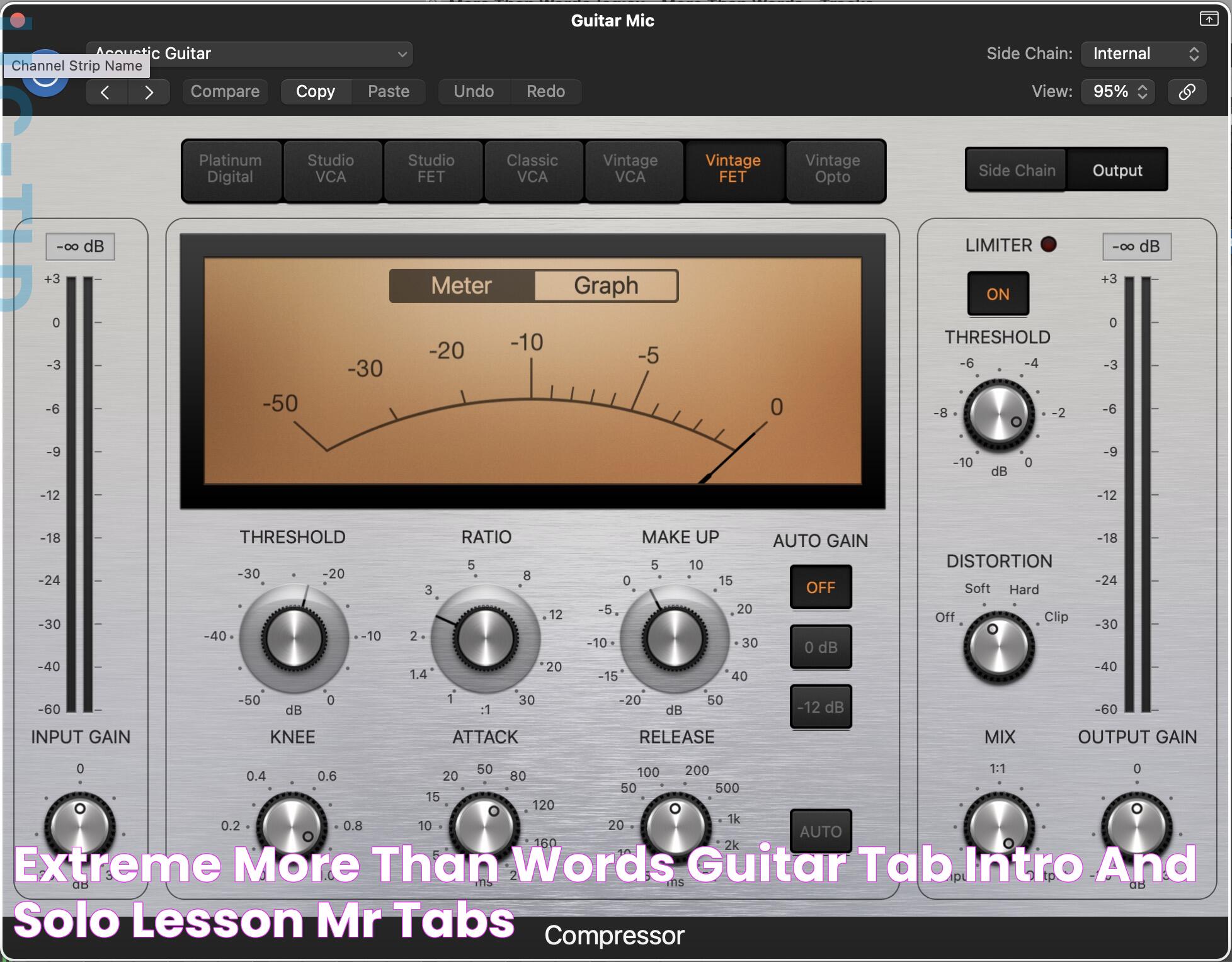Extreme More Than Words: A Deep Dive Into Its Significance And Impact

In the vast world of language and communication, there are moments where words transcend their literal meanings, creating profound connections and deeper understanding. "Extreme more than words" represents a concept that goes beyond verbal expression, diving into the essence of human interaction, emotion, and action. Whether it’s through art, gestures, or actions, the idea of communicating "more than words" has shaped cultures, relationships, and societies. But why is this notion so powerful, and what makes it resonate so deeply?
From ancient civilizations to the modern digital age, humans have always sought ways to express the inexpressible. Often, simple words cannot encompass the full range of human emotions or the depth of experiences. This is where "extreme more than words" comes into play, emphasizing the importance of other forms of expression — be it through music, body language, or innovative mediums. This concept challenges the boundaries of communication and urges us to look beyond the surface, exploring the intricate layers of meaning that lie beneath.
In this article, we will delve deep into the meaning, history, and significance of "extreme more than words." From its roots in early human expression to its influence in modern-day communication and relationships, we’ll uncover why this idea remains as relevant today as ever. By understanding its broader implications, readers will gain insight into how they can incorporate this philosophy into their lives, fostering deeper connections and a more profound appreciation of the world around them.
Read also:Winning Big With New York Lotto Everything You Need To Know
Table of Contents
- Biography of the Phrase "Extreme More Than Words"
- Why Does "Extreme More Than Words" Resonate So Deeply?
- Historical Evolution of Expressing More Than Words
- How Did Art and Culture Shape the Idea of "More Than Words"?
- Non-Verbal Communication: The Heart of "More Than Words"
- The Role of Music in Conveying "Extreme More Than Words"
- How Does Technology Amplify the Concept of "More Than Words"?
- Psychology and the Power of Silent Expressions
- How Can We Incorporate "Extreme More Than Words" in Everyday Life?
- Influence of "More Than Words" on Modern Literature and Media
- Can Actions Truly Speak Louder Than Words?
- What Are the Limitations of Relying on Non-Verbal Communication?
- The Importance of Balancing Words and Actions
- Frequently Asked Questions About "Extreme More Than Words"
- Conclusion: Reflecting on the Significance of "Extreme More Than Words"
Biography of the Phrase "Extreme More Than Words"
The phrase "extreme more than words" captures a universal truth about communication and expression. While its origins may be difficult to trace to a single source, it represents a culmination of philosophical, artistic, and cultural ideas that emphasize the power of what lies beyond verbal communication. This phrase has found its place in various disciplines — from art to psychology, music to literature — highlighting the timeless quest to express the ineffable.
Personal Details and Bio Data of the Concept
| Aspect | Details |
|---|---|
| Origin | Unknown, but rooted in universal communication concepts |
| Primary Domains | Communication, Art, Music, Psychology |
| Philosophical Influence | Humanism, Emotional Intelligence, Existentialism |
| Modern Usage | Media, Relationships, Technology, Therapy |
| Key Characteristics | Non-verbal, Emotional Depth, Creativity |
The phrase invites us to think about the limitations of language and the ways in which we can transcend those limitations. It’s a call to embrace the richness of human expression and the infinite possibilities of connecting with others on a deeper level.
Why Does "Extreme More Than Words" Resonate So Deeply?
Have you ever struggled to find the right words to express a deep feeling or meaningful experience? If so, you’re not alone. Words, while incredibly powerful, have their limits. Emotions, experiences, and even truths often exist in spaces that words can’t fully capture. This is why "extreme more than words" strikes a chord with so many people — it acknowledges and celebrates the profound impact of non-verbal communication and expression.
Here are some reasons why this concept resonates so deeply:
- Universality: Non-verbal expressions are understood across cultures and languages, making them a universal tool for connection.
- Emotional Depth: Actions, gestures, and other forms of expression often carry an emotional weight that words simply cannot.
- Timelessness: The idea transcends historical eras, proving its relevance across centuries.
The deep connection people feel to this notion also stems from its ability to bridge gaps — whether those gaps are linguistic, cultural, or emotional. It encourages us to think beyond the constraints of language and embrace a fuller, richer form of communication.
Historical Evolution of Expressing More Than Words
Throughout history, humanity has explored countless ways to express thoughts, emotions, and truths that go beyond words. From cave paintings to modern digital art, the progression of communication tools reflects our innate desire to transcend the limitations of language.
Read also:Taylor Swifts Sydney Extravaganza Experience The Magic Down Under
Here’s a timeline showcasing the evolution of "more than words":
- Prehistoric Era: Early humans used cave paintings and carvings to communicate ideas, emotions, and events.
- Ancient Civilizations: Symbols, hieroglyphs, and rituals were central to communication and storytelling.
- Renaissance Period: Art and music flourished as powerful mediums of expression.
- Modern Era: Technology introduced new ways to communicate, such as photography, cinema, and digital media.
At each stage of human development, the concept of "more than words" has played a pivotal role in shaping how we connect with one another and understand the world around us.
Article Recommendations

